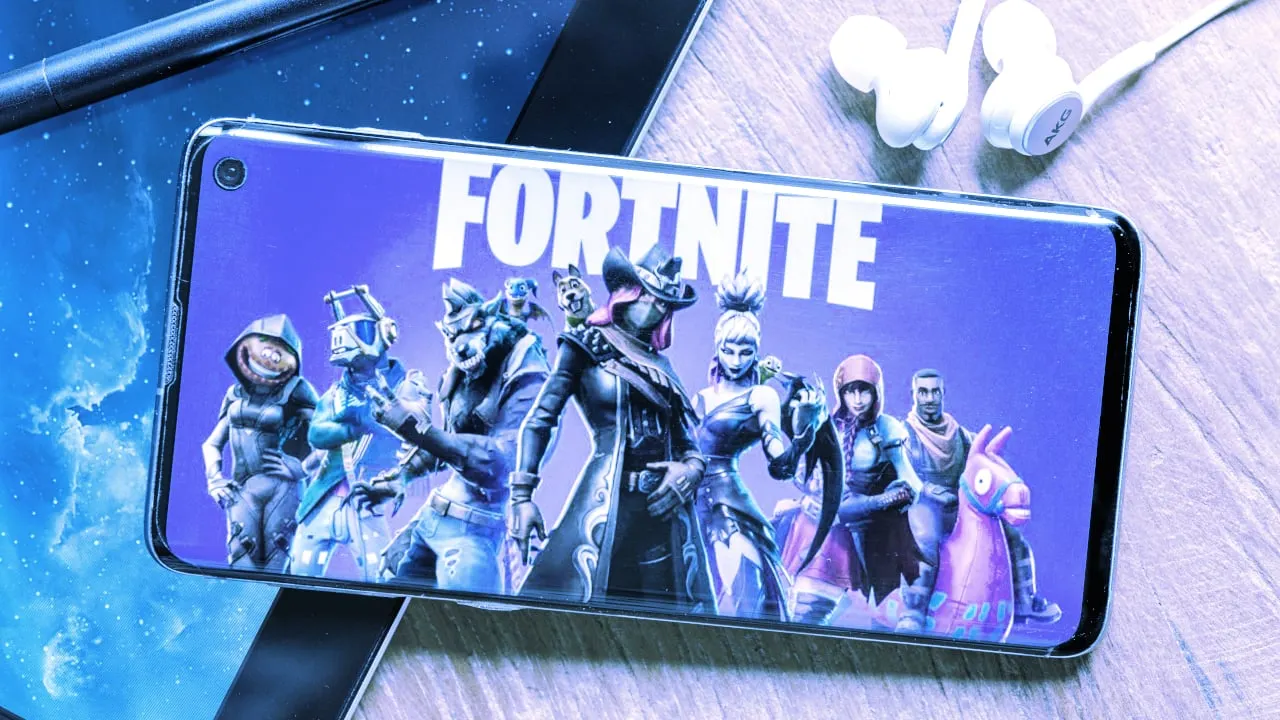In brief
- Epic Games CEO Tim Sweeney said that the Epic Games Store will not ban NFTs in games, following word that Microsoft will ban NFT use in Minecraft.
- The Epic Games Store had over 194 million users as of the end of 2021, and multiple NFT-powered games are coming to it later this year.
Microsoft’s Mojang Studios announced on Wednesday that it will soon ban the use of NFTs on community-run Minecraft game servers. But the Epic Games Store doesn’t plan on taking a similarly unilateral approach against NFTs in games, according to new comments from the firm’s CEO.
Yesterday, a Twitter user asked Epic Games co-founder and CEO Tim Sweeney to follow Minecraft’s lead. “It’d be really nice to see the same opinion from the Epic Games Store,” wrote user DicklessRichard, tagging Sweeney. “Please get rid of every last one of those games on the store.”
It’s a stance taken by the largest PC gaming marketplace, Steam, which announced its own ban on NFTs and blockchain tech last October. But the Epic Games Store pushed back and said that it would allow NFT games, and a couple such games have been announced since. Sweeney held firm to that stance in his response last night.
“Developers should be free to decide how to build their games, and you are free to decide whether to play them,” Sweeney wrote. “I believe stores and operating system makers shouldn’t interfere by forcing their views onto others. We definitely won’t."
Developers should be free to decide how to build their games, and you are free to decide whether to play them. I believe stores and operating system makers shouldn’t interfere by forcing their views onto others. We definitely won’t.
— Tim Sweeney (@TimSweeneyEpic) July 21, 2022
An NFT is a blockchain token that works like a deed of ownership to a unique item. Along with video game items like avatars, weapons, and digital land, NFTs are often used for things like artwork, collectibles, and profile pictures.
The Epic Games Store is a PC and Mac marketplace that claimed over 194 million users at the end of 2021. Since then, Gala Games has announced plans to launch its upcoming NFT-powered online shooter Grit via the storefront, along with future games, while Mythical Games will bring its online create-and-play game Blankos Block Party to the platform as well.
Epic Games is a much larger force than just its storefront suggests, however. It’s also the firm behind the smash hit game Fortnite and other titles, plus the maker of the Unreal Engine creation software that is widely used across the gaming and other entertainment industries.
The firm also has significant metaverse aspirations, recently raising another $2 billion at a $31.5 billion valuation with intentions to “build the metaverse.” However, Epic Games has thus far not used cryptocurrency or blockchain networks within its own games and tools, despite allowing other developers to launch NFT-focused games on its marketplace.
Epic’s aversion to interference from gatekeepers also applies to its legal challenges to both Apple and Google. Those disputes spawned from the publisher’s desire to sell in-game currency (V-Bucks) in the mobile versions of Fortnite without giving either tech giant a cut of the sales. Ultimately, Fortnite was removed from both iOS and Android stores and Epic filed suit.
Sweeney has shared other past comments that echo that sort of ethos about centralized parties and so-called “walled garden” digital ecosystems. Speaking at a conference in November, he again spoke to Epic’s aims for the metaverse, which is envisioned as a next-generation 3D internet that is spread across open, interoperable platforms.
“The metaverse is a term like the internet,” he said. “No company can own it.”

